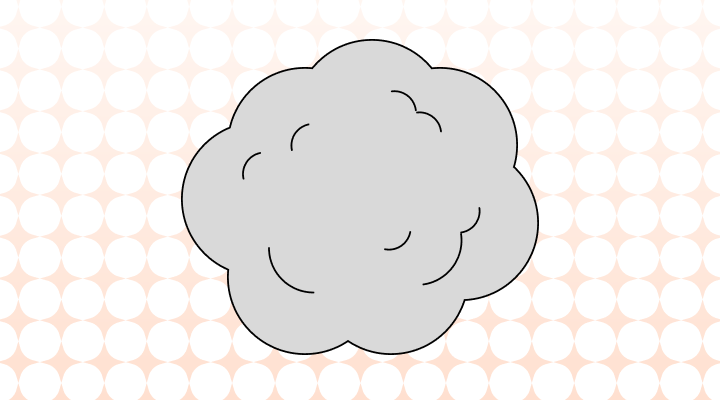Among "smokey" and "smoky", "smoky" is the more commonly accepted spelling of the word in both American English and British English. However, "smokey" (with an extra 'e') can be used as a variant spelling, but "smoky" is the preferred spelling in both the UK and the US.
"Smoky" is an adjective used to describe something that is filled with smoke, has a smoky odor, or is characterized by the presence of smoke in the air. Here's a more detailed explanation:
- Filled with smoke: When a place or object is described as "smoky," it means that there is an abundance of smoke present. This could be from sources like a campfire, a chimney, a barbecue grill, or a wildfire. For example, if you're near a campfire, the air around it may become smoky due to the smoke rising from the burning wood.
- Smoky odor: "Smoky" can also refer to the smell or aroma associated with smoke. For instance, if you enter a room where someone has been smoking, you might describe it as "smoky" because it carries the distinctive scent of smoke.
- Visual appearance: In some cases, "smoky" can describe the appearance of something that has a hazy or cloudy quality, often due to the presence of smoke particles in the air. For example, a room can appear smoky if there's poor ventilation and the air is filled with smoke.
- Flavor: When talking about food or drinks, "smoky" can describe a particular flavor or taste imparted by smoking or grilling. For instance, smoked meats or cheeses have a distinct smoky flavor due to the smoking process.
- Atmospheric conditions: In meteorology, "smoky" can describe weather conditions in which the air is filled with smoke particles, typically due to nearby wildfires or controlled burns.
Through the Google Books Ngram Viewer, we can see that smoky has a much higher use than its variant smokey in Google’s database of published books in both American and British English since the year 1800.

Example sentences
- The room became smoky after they lit the fireplace.
- The barbecue grill produced a wonderfully smoky flavor in the meat.
- The forest was hazy and smoky due to nearby wildfires.
- She coughed as she entered the smoky casino filled with cigarette smoke.
- The smoky aroma of roasted coffee beans filled the café.
- The mountain cabin had a cozy, smoky atmosphere with a crackling fire in the hearth.
- The smoky scent of incense wafted through the temple during the ceremony.
- He loved the smoky taste of smoked salmon on a bagel with cream cheese.
- The detective's office had a dim and smoky ambiance, fitting for a film noir scene.
- The sunset turned the sky into a beautiful, smoky orange and pink canvas.
Want to sound like a native speaker?
Engram’s AI-powered grammar checker makes your English sound like a native speaker’s, suggesting natural English expressions on top of fixing grammar, spelling, punctuation, word order, and vocabulary.

Reference:

















